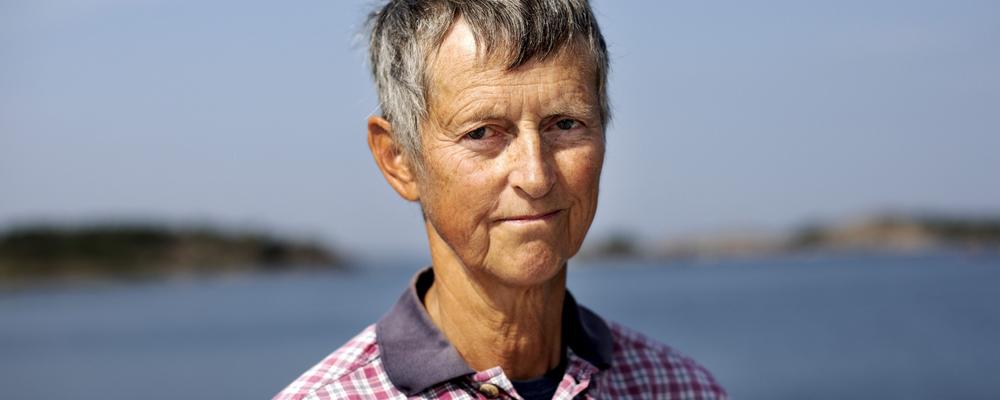Kerstin Johannesson is awarded the Molecular Ecology Prize 2022
Kerstin Johannesson, professor in marine ecology, has been awarded the Molecular Ecology Prize 2022. The prize is awarded by the scientific journal Molecular Ecology to outstanding scientists who have made significant contributions to the field of molecular ecology. Kerstin Johannesson is the first Swedish scientist to receive the award.
Trained as a marine ecologist, her research over the past 40 years has focussed on understanding how marine organisms become adapted to their environment.
Towards this goal, she performed pioneering molecular ecology work that fully integrated ecological and molecular approaches to study the sea snail, Littorina saxatilis, which she developed into a model species.
Her work has inspired numerous researchers across Europe to also use Littorina as an ideal model to study the ‘tug of war’ between evolutionary forces that have driven ecotypic divergence across different habitats of littoral zones.


